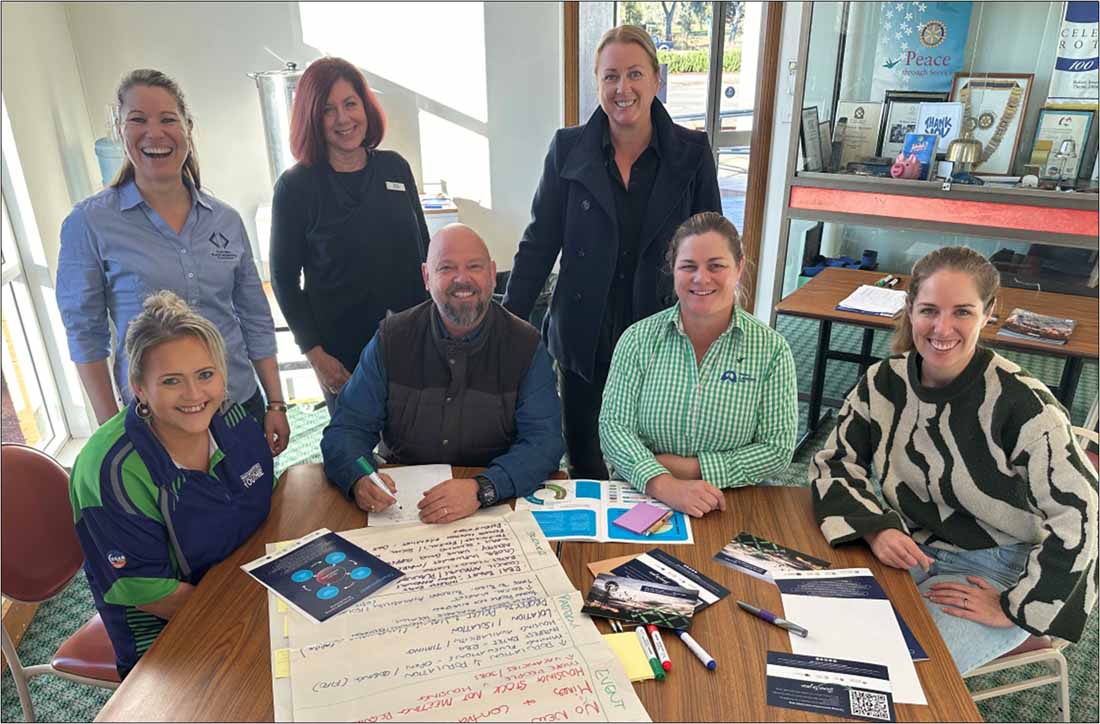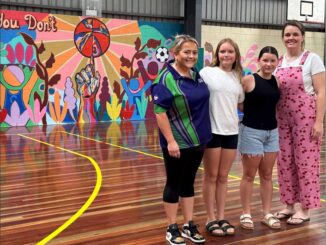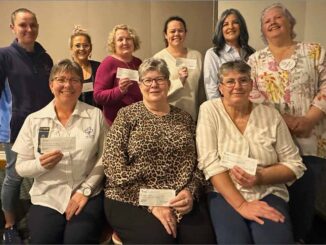
A Changemaker Workshop, funded under the Australian Government’s Future Drought Fund, was held in Cobar this week, and aims to help residents learn to adapt to change in their community.
The free two day workshop attracted participants from across the community and the wider region and included people from business, not for profit groups, government organisations and volunteers.
Workshop presenter Melissa Neal said the workshop covered how to become a changemaker, how to start community conversations about change, how to care for the community and how to shape a community’s future.
On Day 1 of the workshop, the group orientated their way through the main parts of change.
“They got an understanding of the region as well to make sure that anything that gets planned takes into consideration different opinions of people in all sorts of different industries and different ways,” Ms Neale said.
“From there we went into understanding a bit more of how to do community engagement really well, how do we talk to people and gain different perspectives from around town and, how do we as a town have an external voice when there’s other matters being decided that will impact us.”
Day 2 of the workshop continued around that cycle of change and taught participants changemaker tools and techniques.
“People are already talking about taking things back to business, to community, to volunteer groups to be able to implement little things that can help, either through managing the physical process of change, or through helping people mentally go through the emotional rollercoaster sometimes that comes with change,” she said.
Ms Neal said the afternoon of Day 2 focused on helping people understand how can they test, trial and pilot different things in a safe and effective way.
“For me, one of the most important things about this program is that little steps, little changes, can have a really big impact.
“The more we can do things at low cost, low risk, low time and find out if they work, find out what the impact is on different parts of the community and then, use that information to learn more to then help us work out where do we invest our time, money, energy and get other people on board.”


